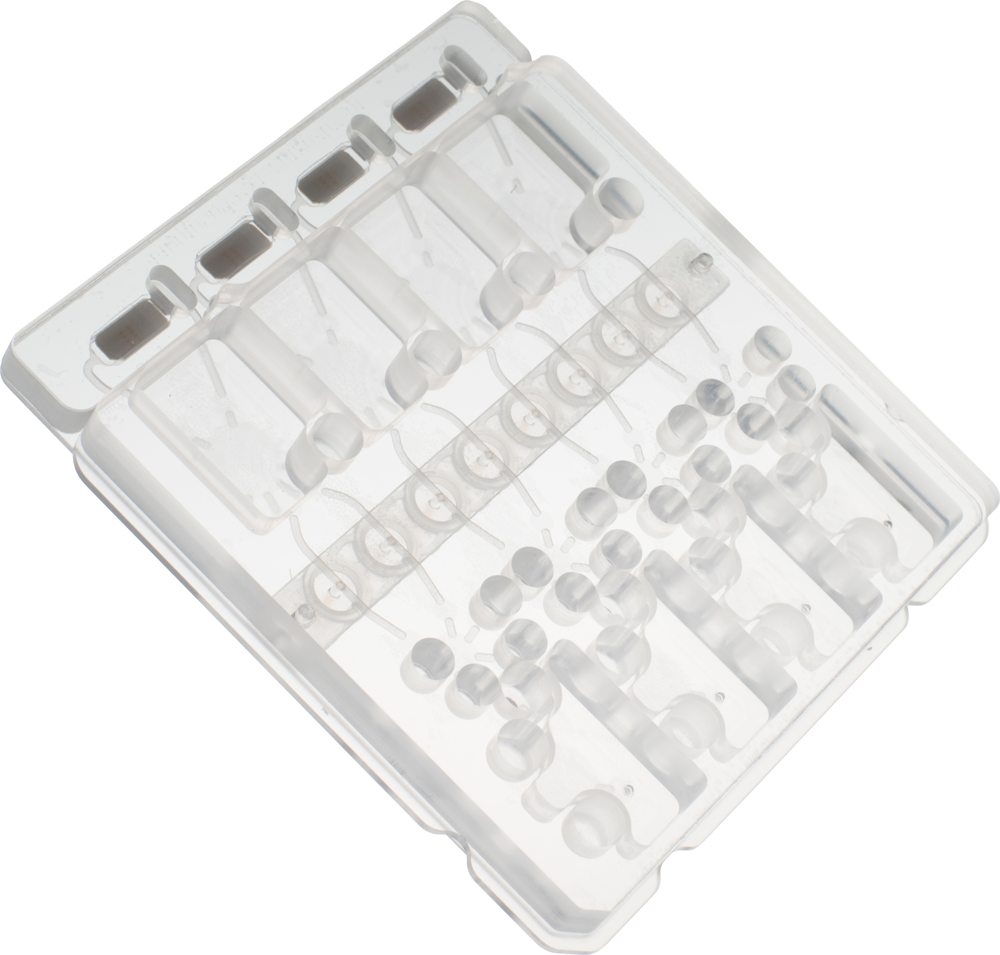Developing a Rapid Zika Diagnostic

Want to listen to this article for FREE?
Complete the form below to unlock access to ALL audio articles.
Read time: 2 minutes
In February 2016, the World Health Organization (WHO) declared Zika virus a public health emergency of international concern. Since emerging as a global threat the virus has been linked to a number of conditions including microcephaly in newborn babies.
In an effort to address this outbreak, Rheonix has recently been selected to receive funding to develop a rapid diagnostic for Zika virus infection. The $656,414 award will allow Rheonix and their collaborators at the NYU College of Dentistry to pursue the development of a fully automated screening and self-confirming assay that will simultaneously detect and confirm the presence of Zika virus in a single, small sample of saliva or blood.
To discuss this development we spoke to Richard Montagna, Senior Vice President for Scientific and Clinical Affairs at Rheonix.
RM: Dr. Malamud was the principal investigator on a multiyear, multimillion dollar program, funded by the National Institutes of Health, to develop a rapid point-of-care test for HIV. His team developed a novel assay that required considerable hands on time. He reached out to Rheonix so that we could work together to automate the assay on our system. That effort, which went on for a couple of years, led to Rheonix and New York University College of Dentistry being awarded a Small Business Innovation Research Phase I/Phase II Fast-track grant to further simplify the original assay and develop the microfluidic device and the instrument required to automatically perform a “dual assay” for the presence of both antibodies against HIV/AIDS and the actual AIDS virus RNA.
JR: What expertise does each side of the partnership bring to the project?
RM: Dr. Malamud’s group brings considerable assay development knowledge and experience, while the Rheonix group has been focused on the automation of the assays under development.
JR: The new Zika diagnostic will build on a previous assay you co-developed for the detection of HIV. How will the assay work and what will it test for?
RM: As we have published for the “dual assay” for HIV, we plan to split the sample on the disposable Rheonix CARD cartridge using our microfluidic device. One portion of the sample will be flowing through a pathway that will detect antibodies in a manner similar to ELISA, while the remainder of the sample will be processed for molecular amplification using LAMP technology. Those steps include viral lysis, extraction and purification of viral RNA, and finally, amplification of Zika-specific sequences by LAMP and detection.
JR: What challenges need to be overcome in order to develop this diagnostic assay?
RM: One of the most difficult technical challenges is that the Zika virus genetic information (RNA) does not persist very long. Typically it is no longer detectable within a few days. We are striving to utilize modifications of existing gene amplification techniques to improve the analytical sensitivity, hoping to detect the virus for longer periods of time. In addition, since we wish to detect both viral RNA and host antibodies (similar to our “dual assay” for HIV), we have to assure that the antibodies we seek to identify do not cross-react with other infectious agents that are similar.
JR: What are the key benefits of utilizing the Rheonix CARD and Encompass Optimum workstation for this diagnostic?

The Rheonix CARD
RM: Major benefits provided by the Rheonix CARD and Encompass Optimum workstation are ease-of-use (no user intervention should be required), fully automated analysis and interpretation of results and anticipated low cost of the disposable and instrumentation.

Richard Montagna was speaking to Jack Rudd, Editor at Technology Networks.



